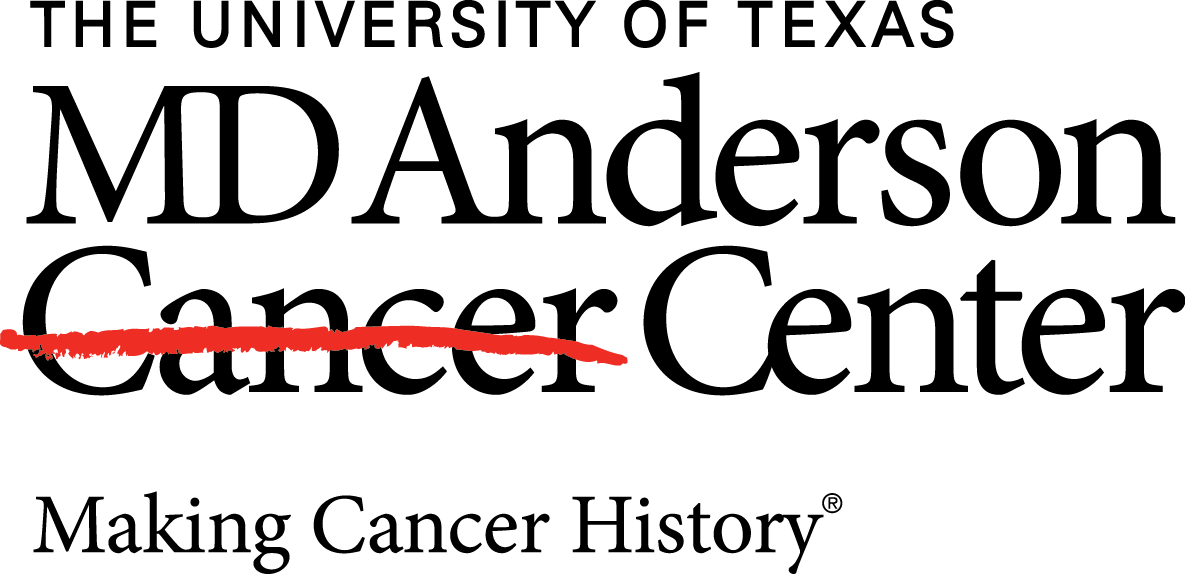
CAR T-Cell Therapy Yescarta Continues to Demonstrate Durable Responses in Follicular Lymphoma

Dr Sattva S. Neelapu discusses data from the ZUMA-5 trial investigating the CAR T-cell therapy Yescarta in relapsed/refractory follicular lymphoma.
Treatment with the CAR T-cell therapy Yescarta (axicabtagene ciloleucel) continued to show deep and durable responses, representing a potentially curative treatment option for patients with relapsed/refractory follicular lymphoma, according to Dr. Sattva S. Neelapu.
Neelapu is a professor and deputy department chair in the Department of Lymphoma/Myeloma, Division of Cancer Medicine, at The University of Texas MD Anderson Cancer Center, in Houston, as well as a member of Graduate Faculty, Immunology Program, Graduate School of Biomedical Sciences, at The University of Texas Health Science Center, also located in Houston.
Neelapu sat down for an interview with CURE® to discuss the five-year follow-up data from the phase 2 ZUMA-5 trial evaluating the CAR T-cell therapy in patients with relapsed/refractory indolent non-Hodgkin lymphoma.
Transcript:
Compared with other therapies that are currently available for relapsed/refractory follicular lymphoma — including therapies such as [Rituxan (rituximab)] and [Revlimid (lenalidomide)], or [Rituxan] with chemotherapy such as [Treanda (bendamustine)] or other chemotherapy regimens, [as well as] targeted therapies such as [Tazverik (tazemetostat)] or BTK inhibitors such [Brukinsa (zanubrutinib)] — we saw that the durability of response is much, much longer with the CAR T-cell therapy Yescarta. In fact, with most of the therapies, the median duration of response is about one to one and a half years in the third-line setting and beyond for follicular lymphoma, whereas here we are seeing a five-year median duration of response, which I think is remarkable.
Most of these therapies are not considered curative for follicular lymphoma, but based on this five-year analysis and the plateau in the lymphoma-specific progression-free survival [PFS], CAR T-cell therapy is potentially curative for relapsed/refractory follicular lymphoma. Even compared with T cell engagers, which are more recently approved for follicular lymphoma, such as mosunetuzumab which has a median duration of response and a PFS in the two-year range, whereas now we are seeing five-year durability of responses with CAR T-cell therapy.
Transcript was edited for clarity and conciseness.
For more news on cancer updates, research and education, don’t forget to




